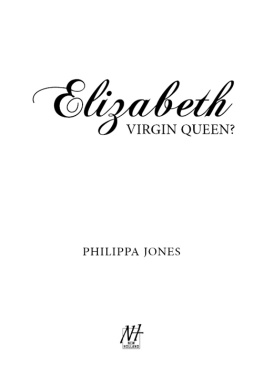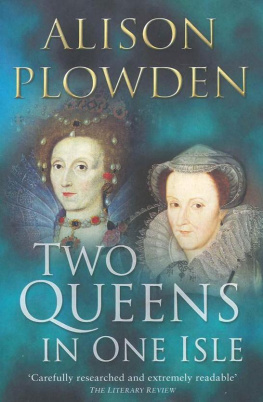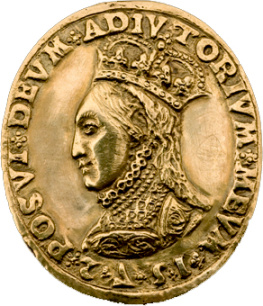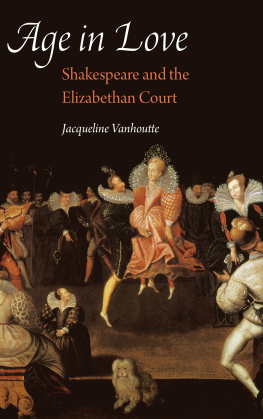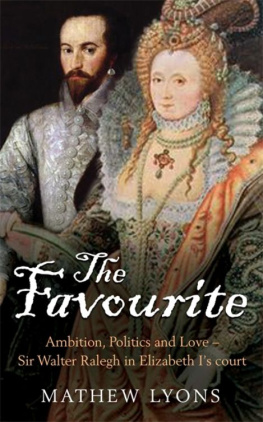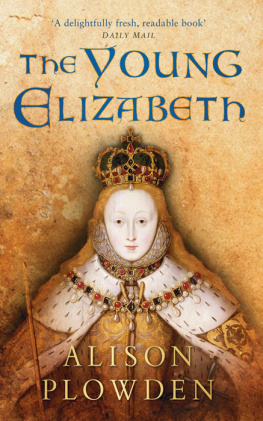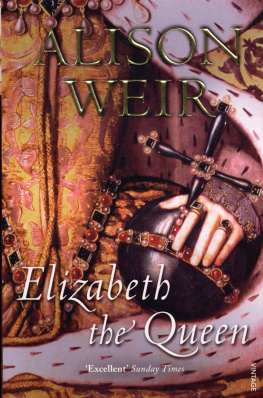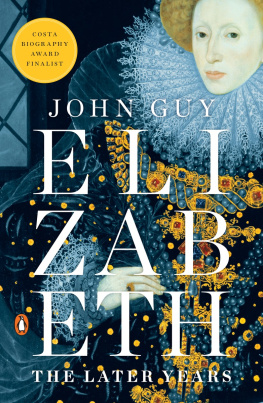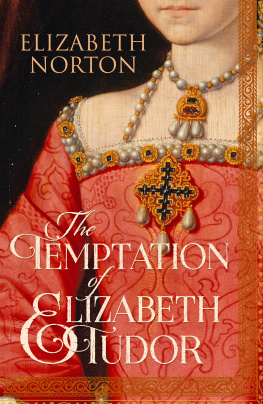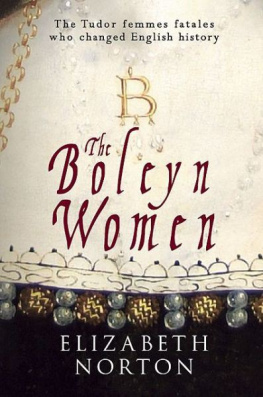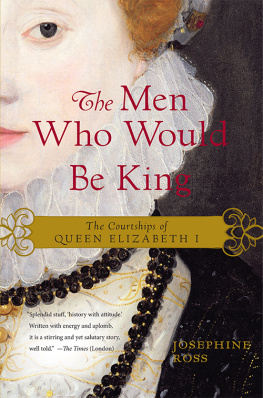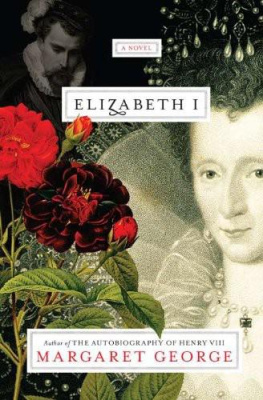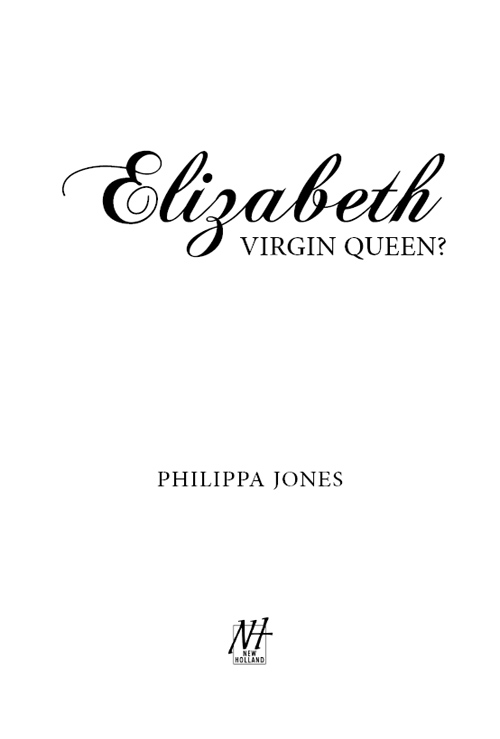Philippa Jones is an historian and read Egyptology
at Cambridge University. She lives in Bristol and
has worked at Bristols Museum and University.
She has published many books and articles,
including the critically acclaimed The Other Tudors:
Henry VIIIs Mistresses and Bastards.
PHILIPPA JONES
This edition published in 2011
Printed edition first published in 2010 by New Holland Publishers (UK) Ltd
London Cape Town Sydney Auckland
www.newhollandpublishers.com
Garfield House
8688 Edgware Road
London W2 2EA
United Kingdom
80 McKenzie Street, Cape Town 8001, South Africa
Unit 1, 66 Gibbes Street, Chatswood, NSW 2067, Australia
218 Lake Road, Northcote, Auckland, New Zealand
Text copyright 2011 Philippa Jones
Copyright 2011 New Holland Publishers (UK) Ltd
Philippa Jones has asserted her moral right to be identified as the author of this work.
All rights reserved. No part of this publication may be reproduced, stored in any retrieval system or transmitted, in any form or by any means, electronic, mechanical, photocopying, recording or otherwise, without the prior written permission of the publishers and copyright holders.
ISBN 978 1 84773 515 7 (Print)
ISBN 978 1 78009 053 5 (ePub)
ISBN 978 1 78009 054 2 (Pdf)
Publisher: Aruna Vasudevan
Editor: Elise Bradbury
Inside design: Sarah Williams
Cover design: Vanessa Green
Production: Melanie Dowland
Contents
Acknowledgements
Every author worthy of their salt has reason to thank their publishers, those largely unsung heroes who turn our thoughts and endeavours into the finished product we hope you will enjoy. However, I have particular cause to tender my thanks to Aruna Vasudevan, my Publisher, and Elise Bradbury, my Editor, as well as all the people at New Holland for their unflagging support and guidance, including some serious editing.
In mid-2009 I was diagnosed with cancer and have been undergoing some pretty aggressive chemotherapy for the last six months. Without their help, this book might not have seen the light of day. I wont bore you or put you off your lunch by giving a short discourse on the side effects of chemotherapy; suffice to say that it would take a large sum of cash in excess of that won by the couple from Cirencester [56,000,000 on the Lottery] to persuade me to do it again.
I thoroughly enjoyed researching and writing this book, and watched in awe as Aruna and Elise turned my initial text into this finished product. A poor thank you hardly seems to do them justice, but I offer it anyway. Thank you.
As Elizabeth herself wrote to Franois, Duc dAlenon in May 1581:
It is time to finish those uneven lines which keep you from your affairs, praying the Creator to keep you in His holy keeping, having trusted myself very cordially in your hands.
Your very assured as well as obliged,
Philippa Jones
Introduction
he [Robert Dudley] hath given her [Elizabeth] a child if she hath not, he hath put one to the making.
Ann Dove, 1560
My Lord Robert [Dudley] hath had five children by the Queen, and she never goeth in progress but to be delivered.
Henry Hawkins, 1581
Elizabeth I (15331603; Queen of England and Ireland 15581603), the last of the Tudor monarchs, reigned over a golden age in English history. The Elizabethan age is known for a flowering of literature and poetry the time of Shakespeare, Spenser and Marlowe as well as for establishing England as a seafaring power, whose explorers sailed to distant lands to establish colonies and trade. Regal, beautiful and independent, this indomitable Queen presided over a domestic and European political landscape of intrigue, where courtiers and officials vied for attention and favour, and Catholics and Protestants struggled for dominance. As a woman of great intellect, born to Henry VIII, a man known for his significant achievements, as well as an extremely complicated love life, Elizabeth had a multitude of reasons to choose a path of independence.
As a girl, Elizabeth had witnessed the ruthless banishment and execution of her mother, Anne Boleyn, when she no longer served the Kings purpose. As a young princess, Elizabeth was herself in and out of favour, observing at firsthand the machinations of political ambition and how family could turn against one in an instant, leading to betrayal and even death in some circumstances. A cautious reaction to marriage would, therefore, be an understandable reaction for any young girl in her position.
For Elizabeth, growing up at a time when marriages, particularly those of royalty, were largely arranged to forge alliances that could potentially lead a kingdom into war, it might have seemed a wise course of action to remain unmarried. In reality, however, probably a mixture of factors led Elizabeth to choose this path, including her own desire for independence, free from the influence of a man behind her throne, fears for her own future and that of her countrys and an innate distrust of men, resulting from her own early experiences with her father, Henry VIII, and later with such men as Thomas Seymour, her guardians husband. Perhaps it was simply that Elizabeth fell in 10 love with a man that she could not have for whatever reason, Elizabeth would never choose to marry.
This decision proved to be a major headache for her government, who tirelessly sought to find a husband for Elizabeth. Her decision would later be used to show how much the popular Queen was devoted to her people. She would be called Good Queen Bess, Gloriana (following the 1588 victory against the Spanish Armada) and, of course, the Virgin Queen. A highly intelligent woman and an articulate and talented public speaker, Elizabeth made a virtue out of her reported virginity and promoted it as a pious ideal, with considerable success.
Elizabeth clearly enjoyed the company of men, however. She was attractive and valued the attentions of handsome young admirers. As Queen, she had several favourites, men who enjoyed her attentions, while benefiting from such powerful patronage. Rumours abounded about Elizabeths lovers, who included her closest minister, Robert Dudley, 1st Earl of Leicester. There was even some talk of the existence of an illegitimate child or children resulting from at least one of these relationships but were these just rumours, unpleasant gossip put about to discredit the Queen or the men she associated with at the time? Or, is it at all possible that Elizabeth was the mother of one or more illegitimate children? This book seeks to examine the possibility that the Virgin Queen was a myth and that Elizabeth not only enjoyed physical relationships with some of her favourites, but also may have had children as a result, who were secreted away to be brought up by other people.

